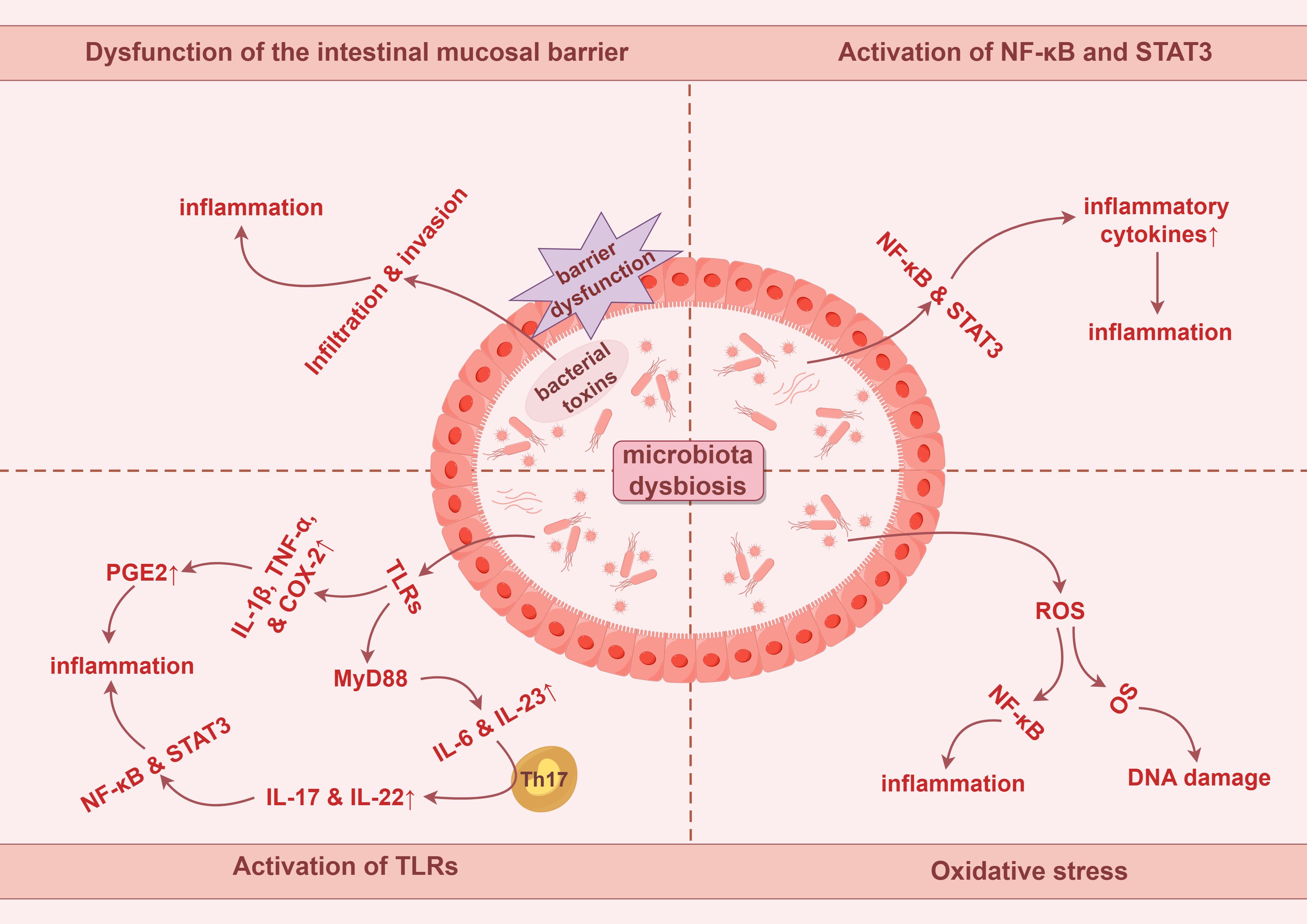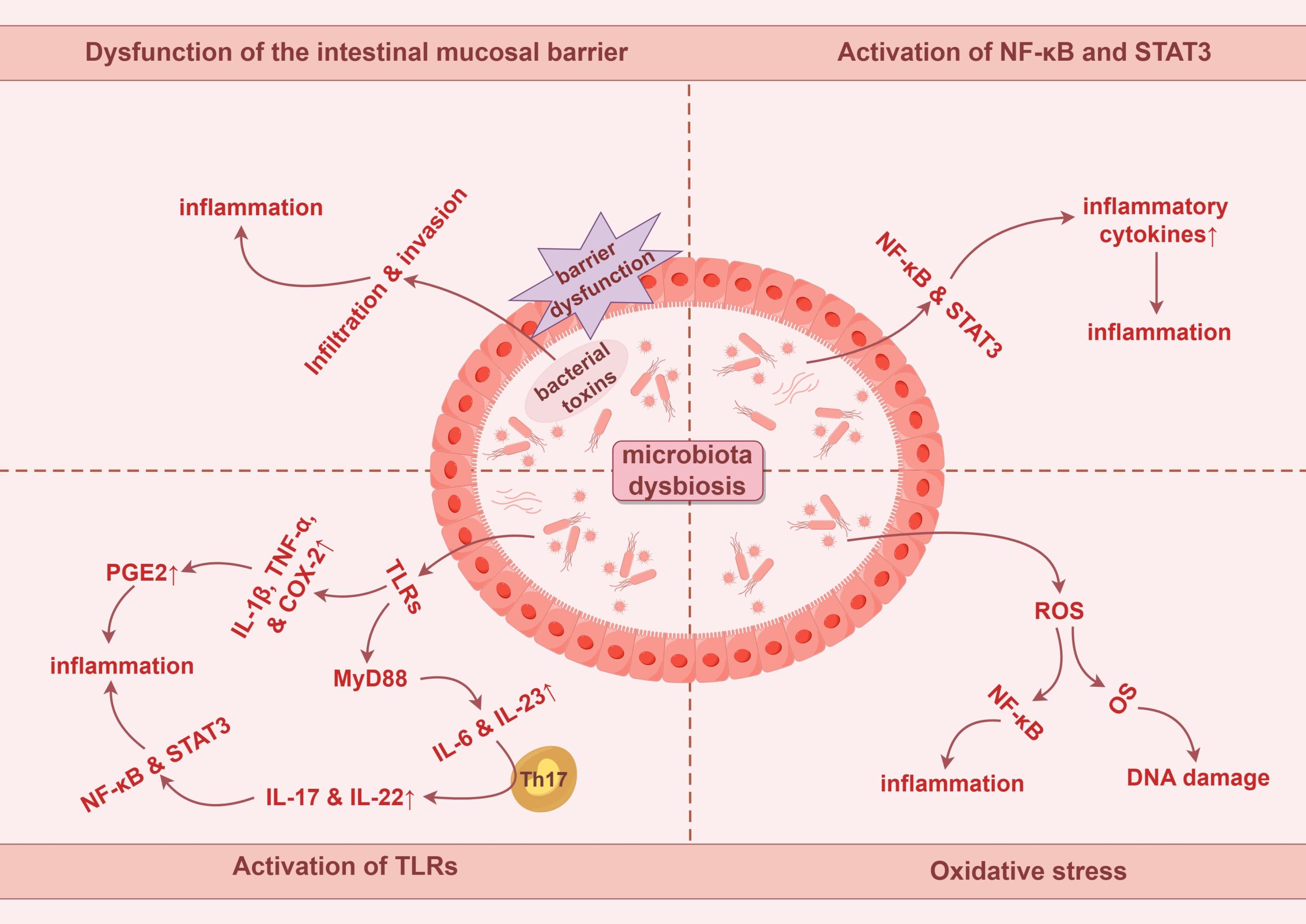
A Concealed Threat: Bacterial Toxin Associated with the Rise of Early-Onset Colorectal Cancer in Younger Adults
A pioneering study released this week in the journal Nature has pinpointed an unexpected new culprit behind the concerning rise in early-onset colorectal cancer in young adults: a bacterial toxin called colibactin.
Generated by specific strains of Escherichia coli (E. coli) bacteria residing in the human gut, colibactin seems to cause damage to DNA that may instigate cancerous mutations years before the disease is detectable. The ramifications of this finding could transform the medical field’s comprehension of the origins of cancer, especially within younger demographics.
Revealing Colibactin’s Genetic Signature
The global team of researchers, spearheaded by scientists at the University of California San Diego, scrutinized 981 colorectal cancer genomes from patients across 11 countries. Their investigation centered on DNA mutation patterns, which can serve as molecular fingerprints, uncovering the external or internal factors contributing to cancer’s development.
One specific pattern linked to colibactin exposure emerged with remarkable clarity. The researchers discovered that mutations associated with colibactin were 3.3 times more prevalent in individuals diagnosed with colorectal cancer before age 40 compared to those diagnosed after age 70.
“These mutation patterns provide a historical record within the genome,” stated study senior author Ludmil Alexandrov, a professor at UC San Diego and Deputy Director of Sanford Stem Cell Fitness and Space Medicine Center. “They suggest that exposure to colibactin early in life may drive the onset of the disease at a young age.”
An Escalating Epidemic Among the Young
Historically, colorectal cancer has been perceived as a condition affecting older adults. Yet, in the last twenty years, the incidence rates have escalated among those under 50. In fact, these rates have almost doubled every decade, with projections indicating that colorectal cancer could become the foremost cause of cancer-related fatalities among young adults by 2030.
What complicates this trend is that numerous early-onset cases manifest in individuals without a family history of colorectal cancer and lacking known risk factors linked to diet, lifestyle, or genetics.
The newly published research provides the first substantial evidence suggesting an environmental origin—specifically, a biological exposure taking place in early life. “If someone acquires one of these driver mutations by the time they reach age 10,” remarked Alexandrov, “they could be decades ahead in the timeline for developing colorectal cancer, facing it at 40 instead of 60.”
The Impact of Early DNA Damage
The study indicates that colibactin exposure accounts for roughly 15% of APC driver mutations—essential early genetic modifications that significantly contribute to the shift from healthy cells to cancerous ones.
“When we initiated this project, we did not intend to concentrate on early-onset colorectal cancer,” shared Marcos Díaz-Gay, co-first author of the study and former postdoctoral researcher in Alexandrov’s lab. “But as we examined the data, one of the most captivating and striking discoveries was the frequency of colibactin-related mutations in early-onset cases.”
The team also pinpointed regional differences in colibactin-related genetic damage. Nations such as Argentina, Brazil, Colombia, Russia, and Thailand displayed elevated rates of these particular mutational signatures, suggesting geographic or environmental factors that may increase exposure to colibactin-producing bacteria.
How Are Young Individuals Exposed?
The exact mechanisms through which children or teens come into contact with colibactin-producing E. coli are still unclear. Nonetheless, the varied findings across different populations imply that factors like diet, hygiene, gut microbiome composition, or antibiotic usage might be influential.
The research group is now embarking on a follow-up study with the aim of:
– Identifying how and when children encounter these bacteria
– Assessing whether lifestyle or dietary elements boost the chances of colonization
– Investigating the deployment of targeted probiotics to eradicate harmful E. coli strains
– Developing early screening approaches using stool DNA tests to identify colibactin-related mutations long before symptoms manifest
“This changes our perspective on cancer,” stated Alexandrov. “We can no longer assume that only events in your 50s or 60s determine cancer risk—experiences in early life might hold equal importance.”
A New Dawn in Cancer Prevention and Screening
These findings are part of the Cancer Grand Challenges team Mutographs—a worldwide initiative funded by Cancer Research UK committed to mapping the DNA “mutational signatures” left by environmental exposures. By correlating these signatures with specific cancer types, scientists aspire to create tools for prevention and early detection.
If future research validates and elucidates pathways of early exposure to colibactin, public health policies and medical recommendations may undergo significant transformations. This could entail screening high-risk individuals at younger ages, implementing interventions targeting the gut microbiome in youth, and refining antibiotic practices to avert harmful bacterial colonization.
In Summary
